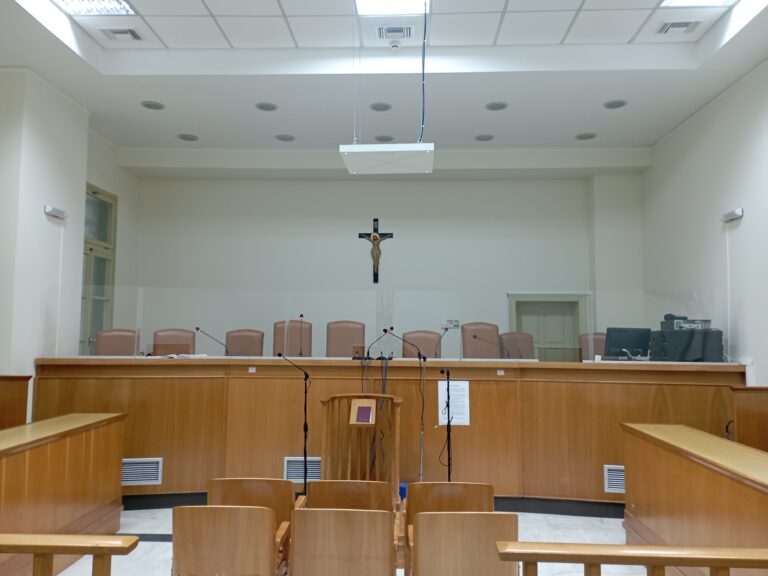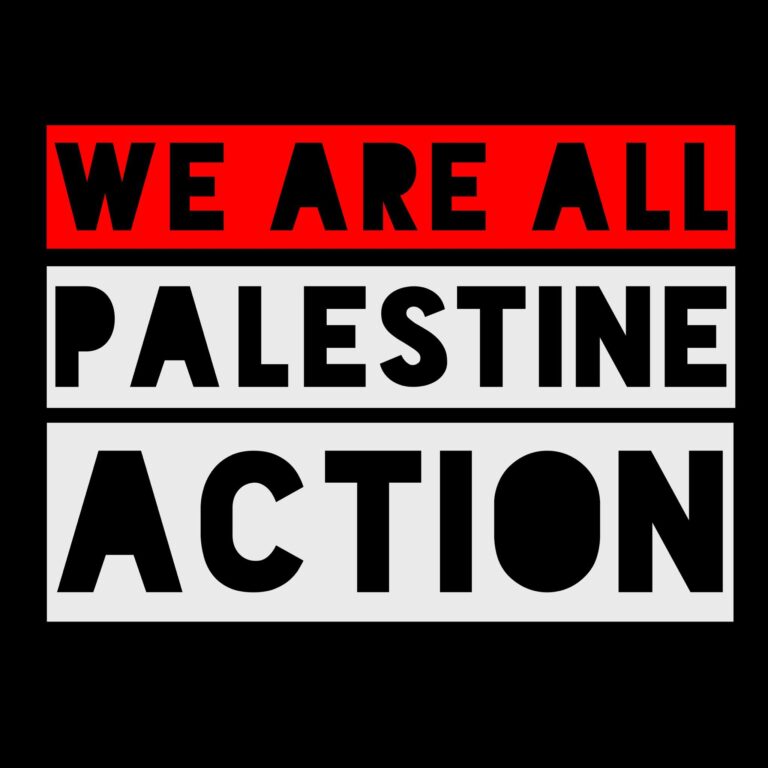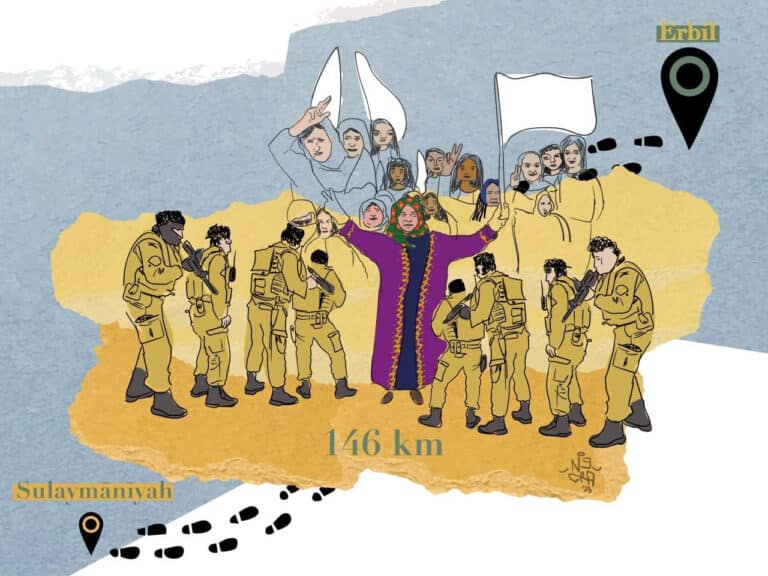The future of Iraq is more complex and uncertain than the current U.S. narrative claims, according to a report just published by CPT in Iraq (find web address for full report below). “Iraq after the Occupation– Iraqis speak about the state of their country as the U.S. military withdraws,” is based on extensive interviews with Iraqi citizens in various parts of the country. It quotes Iraqis who express doubt on the effects of the U.S. military “surge,” the trustworthiness of the Iraqi military, and the reliability of Iraqi public figures and institutions.
The U.S., which invaded and occupied Iraq in 2003, recently announced an “end of combat missions,” in preparation for a complete withdrawal from the country by the end of 2011. The report notes that no consensus exists among Iraqis on the future of their country, with some interviewees expecting the security situation to get much worse, while others are more optimistic. However, none expect Iraq to be independent after a complete U.S. withdrawal. “I do not think the American army came all this way, spent all this money to leave [Iraq] a prey to others,” one Baghdad resident said in an interview.
Although the report confirms an improved security situation over the last few years, it questions the contribution of the “surge,” i.e. the deployment of U.S. military reinforcements in 2007. About half of those interviewed pointed instead to the U.S. withdrawal from Iraqi cities in 2009 as the major contributor to the improved security situation.
Many respondents see the increased skill and capacity of the Iraqi security forces as a positive factor, although a majority maintains concerns about their trustworthiness and independence. Another Baghdad resident spoke of the Iraqi security forces’ lack of “educational aspects in the field of human rights and loyalty to the homeland.”
Respondents also express serious concerns about the credibility of Iraqi politicians, the “abominable state of public services” and the economy, and corruption. “The obscene opulence of some–and especially those on the payroll of political interests–is excessive,” says one interviewee in the report, “while the rate of wretched poverty in Iraq continues to pose a humanitarian problem.”
Tensions among ethnic and religious groups continue to threaten the country’s stability. Many respondents also fear interference by neighboring states, particularly Iran.
In its conclusion, the report stipulates that in the waning days of U.S. military presence in Iraq, the U.S. should focus on the Iraqi economy, reconciliation efforts, and a culture of accountability in the Iraqi security forces. CPT stresses that the U.S. must also respect Iraqi democratic sovereignty. “There’s a lot that needs to be done that only Iraqis can do,” notes CPTer Marius van Hoogstraten.(



